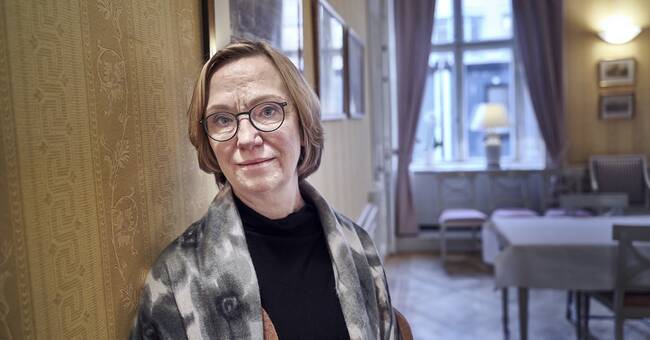- The incentives taken to save the economy and curb unemployment have caused the stock market and housing prices to rise, and it has benefited those who are already wealthy.
At the same time, the restrictions have primarily affected the professions that provide low incomes, says Handelsbanken's chief economist Christina Nyman.
It is in trade, restaurant, service and hotel that most jobs have disappeared.
Industries where many young and foreign-born people work.
The result has been that the income gap widens, according to the bank.
- Even though we have had protection systems with, for example, redundancies, many in Sweden have experienced a worse financial situation in the past year.
And the trend of increasing inequality looks set to continue in the coming decade.
Reinforces trend
According to Christina Nyman, the pandemic has reinforced a global trend that has been going on since the 1980s, in Sweden since the 90s.
It is a matter of income from ownership - for example share dividends, securities and housing - increasing much faster than wage income, pensions and sickness benefits.
In terms of the economy, the recovery is expected to pick up speed during the third quarter, when eased pandemic restrictions are expected to boost consumption of services.
Sweden's GDP growth will rise to 3.8 percent this year after the GDP reduction of 2.8 percent in 2020, according to Handelsbanken's forecast.
"Should households also consume what has been saved in the barns, growth will be significantly higher and interest rates will probably rise faster," the report states.

